Premium Only Content
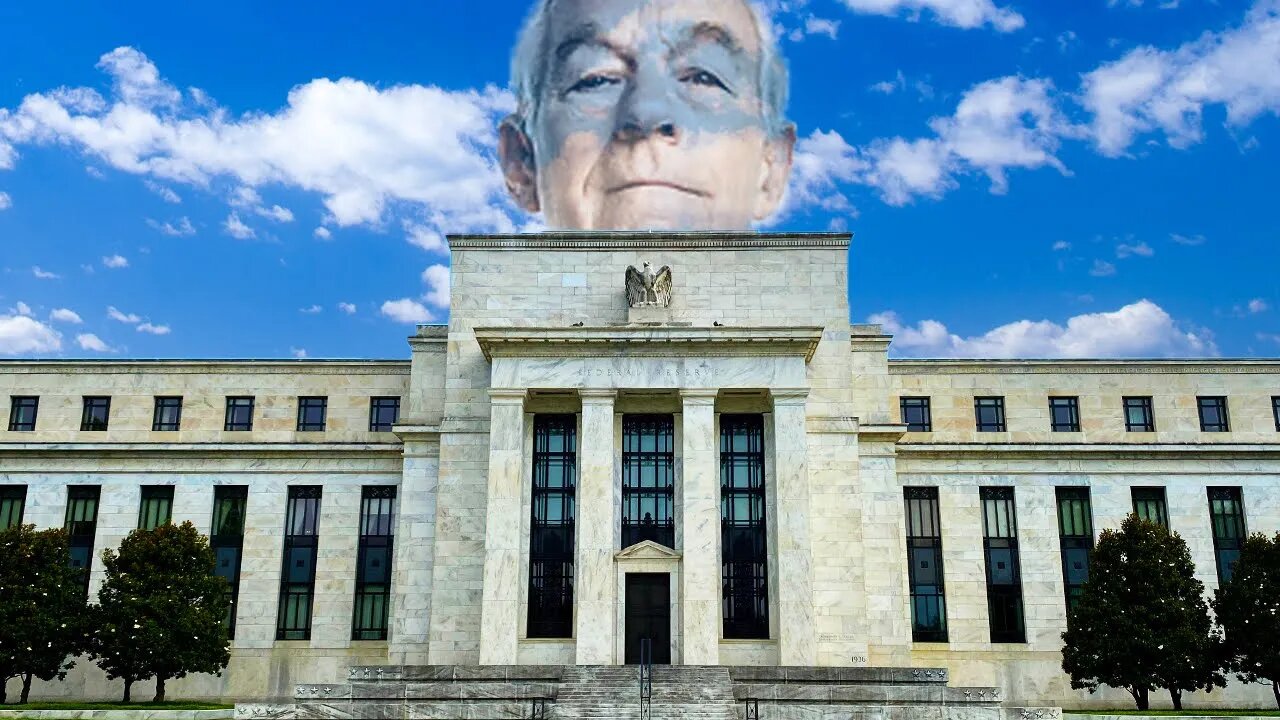
End the Fed... And Replace It With What?
We need to end the Fed.
The Federal Reserve makes interest rates artificially low to encourage lending. This is popular in the short term because people can buy more stuff, but it inevitably leads to massive bubbles.
The Fed has a 2% inflation target, but since it completely abandoned the gold standard in 1971 inflation has averaged around 3.9% per year, which may not sound like much, but it’s a cumulative price increase of 600%. And the only reason it isn’t higher, despite a massive increase in the money supply, is because velocity has been decreasing.
Velocity is the “rate at which money is exchanged in an economy.” A low velocity indicates “a general reluctance to spend money.”
Once countries who use the dollar as their reserve currency start to lose faith in the dollar’s ability to retain its value then they’ll spend them on other currencies and commodities. Velocity and inflation will then pick up. Inflation acts as a hidden tax on workers and savers so looking ahead you can expect to see your wages and savings depreciate as inflation starts to converge with the money supply again.
“Inflation is always and everywhere a monetary phenomenon in the sense that it is and can be produced only by a more rapid increase in the quantity of money than in output.” — Milton Friedman
The Fed is cronyist. It’s a private institution with public power. The big banks sit on its board (revolving door), receive salaries, divide the Fed’s profit among themselves, accumulate interest on government bonds, sell crappy assets to the Fed (quantitative easing), are protected from risk with the Fed acting as a Lender of Last Resort (bailouts), and those who benefit the most from an inflationary currency are those who get to touch the newly printed dollars first because they get to buy things in the economy at a discount before prices have a chance to readjust to the new money supply.
The Fed is opaque. As Ron Paul said, “Freedom and central banking are incompatible.” The Fed has never been fully audited so we don’t know exactly how much money they owe and to who. How can any voter confidently consider themselves politically informed when we are kept in the dark over trillions of dollars? The Fed is not only unelected, but it’s unaccountable. Fed chairman Ben Bernanke acknowledged that the Fed was responsible for the Great Depression. The Great Recession was also largely due to the Fed. Janet Yellen, president of the Federal Reserve Bank of San Fransisco , said in 2005, “If the bubble was to collapse on its own, would the effect on the economy be exceedingly large? No.” And then in 2007, “I think the concerns we used to hear about the possibility of a devastating collapse — one that might be big enough to cause a recession in the U.S. economy — have been largely allayed.” She was then fired. Just kidding, she was promoted to the two most powerful monetary positions in America — Fed chair and now Secretary of Treasury. In government, it apparently pays to be wrong because had she been one of the few who had sounded the alarm then she would’ve been perceived as a poor team player. The Fed then spends billions of taxpayer dollars to indoctrinate the public on how great the Fed is while corrupting academia to the point where many PhD economists are Fed apologists because their profession’s top two employers are academia and government. As Milton Friedman said, “The Fed’s relatively enhanced standing among the public has been aided by the fact the Fed has always paid a great deal of attention to soothing the people in the media and buying up most of its likely critics.” This opaque cronyism lies at the heart of our financial system where literally 50% of every transaction is money and so this unethical way in which its managed has undeniably infected the rest of our culture.
The Fed is unconstitutional. Our government is a government of enumerated powers. Among the powers given to Congress is to “coin money and regulate the value thereof,” but there was no such statement saying Congress could issue paper money or create a central bank. The federal government only started issuing paper money in 1861 to fund the Civil War. In 1791, the First Bank of the United States was chartered, but it didn’t set monetary policy, regulate private banks, hold their excess reserves, or act as a lender of last resort. And yet even with these constraints, Thomas Jefferson and James Madison still believed it was unconstitutional and tyrannical so they discontinued it in 1811...
READ FULL ESSAY AT WWW.ANTHONYGALLI.COM
-
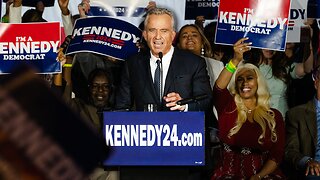 9:09
9:09
Anthony Galli
1 year agoThe Truth About RFK Jr.
55 -
 1:00
1:00
Todd Starnes
3 years agoStarbucks Should Replace Baristas With Keurigs
2002 -
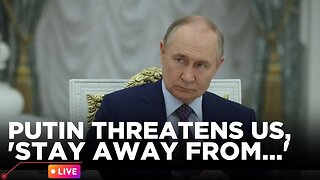 LIVE
LIVE
Times Now World
5 days agoVladimir Putin LIVE | Putin rushes to help Maduro, sends Wagner Group | US-Venezuela News | Trump
471 watching -
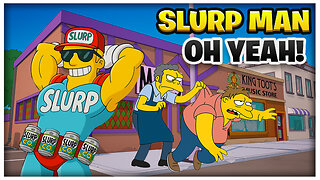 LIVE
LIVE
DynastyXL
2 hours ago🔴LIVE Slurp Man when? Lets PLAY with viewers
197 watching -
 1:12:46
1:12:46
Dialogue works
7 hours ago $0.12 earnedLarry C. Johnson & Col. Larry Wilkerson: Russia & Iran to Build a WAR SHIELD — China Just Stepped In
2K1 -
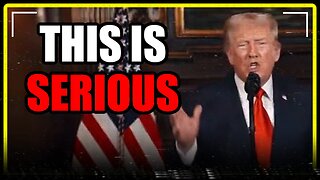 9:03
9:03
MattMorseTV
18 hours ago $52.46 earnedTrump’s America First CALL TO ACTION.
82.8K101 -
 2:18:38
2:18:38
Side Scrollers Podcast
21 hours agoGTA 6 GETS WRECKED AFTER ANOTHER DELAY + India THREATENS YouTuber Over Video + More | Side Scrollers
130K16 -
 18:03
18:03
Nikko Ortiz
1 day agoEBT Meltdowns Are Insane...
27.5K47 -
 17:33
17:33
a12cat34dog
1 day agoRUMBLE TAKEOVER @ DREAMHACK | VLOG | {HALLOWEEN 2025}
56.5K25 -
 10:48
10:48
GritsGG
17 hours agoWarzone Stadium Easter Egg! Unlock Grau Blueprint EASY!
32.1K2